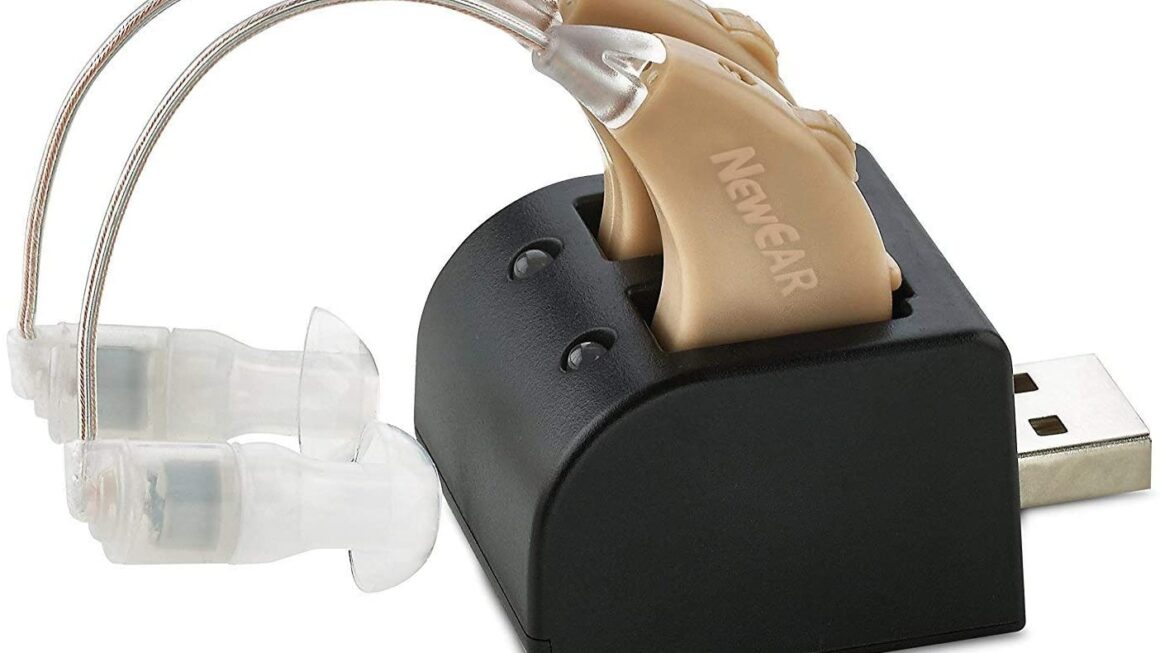Bladder cancer is one of the most common cancer variants worldwide, with a higher incidence rate in men. Research on bladder cancer revealed that the disease accounted for over 573,000 new cases in 2020. Due to a rising number of cases, bladder cancer treatment is a priority, even in economically developed countries. For example, around 82,000 new cases of bladder cancer are expected in the US in 2023.
Medical advancements and specialised healthcare institutions provide the answers for fighting against bladder cancer. At the same time, supportive care is an essential requirement for managing the symptoms and side effects of treatment for bladder cancer. Let us find out how supportive care is a major component in the treatment plans for bladder cancer.
Diagnosis and Treatment of Bladder Cancer
Before you learn about the role of supportive care for managing bladder cancer symptoms and the side effects of treatment, you must know about its necessity. A brief overview of the important phases in bladder cancer treatment, such as diagnosis and treatment methods, can validate the need for supportive care. The common diagnostic tests for bladder cancer include cystoscopy, biopsy, and imaging tests.
Doctors recommend additional tests for identifying the possibility of cancer spreading to lymph nodes and other parts of the body. The tests could include CT scans, PET scans, MRI tests, or X-rays. Doctors use the results of these tests to classify the grade of bladder cancer.
Based on the grade of cancer, doctors recommend different treatments for bladder cancer. In addition, doctors also consider the other health conditions and preferences of patients before finalising a specific treatment method. The common treatments for bladder cancer include surgery, targeted therapy, chemotherapy, radiation therapy, and combined therapy.
Why Do Patients Need Supportive Care?
The overview of methods for diagnosis and treatment of bladder cancer shows that patients can fight against cancer. However, the treatment of patients for bladder cancer involves more than diagnostic tests, surgical procedures, or chemotherapy sessions. Imagine the plight of the family of the patient and the responsibilities of caregivers and medical support staff during the patient’s treatment.
On top of it, the patient’s treatment extends into the stages of follow-up care and recovery. Follow-up care and management of symptoms are recommended best practices for avoiding the possibility of recurrence of cancer. Most importantly, dealing with bladder cancer can be one of the most stressful events in the life of a patient.
Supportive care offers a viable answer to the unmet needs of bladder cancer patients throughout different stages of their treatment. It can help in providing the services required for addressing the physical, emotional, practical, social, psychological, and informational needs across every phase of treatment.
How Can Supportive Care Help in Managing Cancer Symptoms and Side Effects?
Supportive care helps in the faster identification of unmet requirements. Supportive care interventions focus on offering support through self-management and psychological counseling, awareness, rehabilitation, palliative care, social support, and symptom control. Nurses and support staff responsible for supportive care evaluate the patient’s ability to carry out physical and social activities.
For example, supportive care personnel monitors bowel changes, sexual dysfunction, movement dysfunction, fatigue, or neurological symptoms to deliver faster treatment. Supportive care personnel can also help patients understand the implications of bladder cancer treatment to overcome their apprehensions. In most cases, patients are worried about the spread of the cancer during the treatment. After the treatment, patients develop concerns regarding the possibility of cancer recurring.
Supportive care personnel help patients by offering information and support for self-care and follow-up care. In addition, supportive care also involves psychological counselling targeted at encouraging patients to focus on positive aspects of the treatment experience. Supportive care has a formidable influence on reducing the levels of distress and anxiety among bladder cancer patients. The biggest contribution of supportive care to the treatment of bladder cancer is visible in the adherence of patients to cancer treatment guidelines. On top of it, the supportive care team can offer a bridge between the patient and medical teams.
Are You Prepared for Bladder Cancer Treatment?
The role of supportive care in bladder cancer treatment stands out as a vital highlight for improving the treatment experience. Supportive care helps patients overcome their apprehensions regarding bladder cancer, alongside following the necessary steps for managing symptoms and side effects.
Trusted medical institutions such as BLK Max Hospital ensure that patients can avail of supportive care services for bladder cancer. These healthcare institutions provide the benefits of dedicated healthcare personnel catering to the unmet needs of patients. Find more information about symptoms and diagnosis for bladder cancer with experts right now.
Read: WHAT ARE LATEST TRENDS AND INNOVATIONS IN GYNAECOLOGY?












